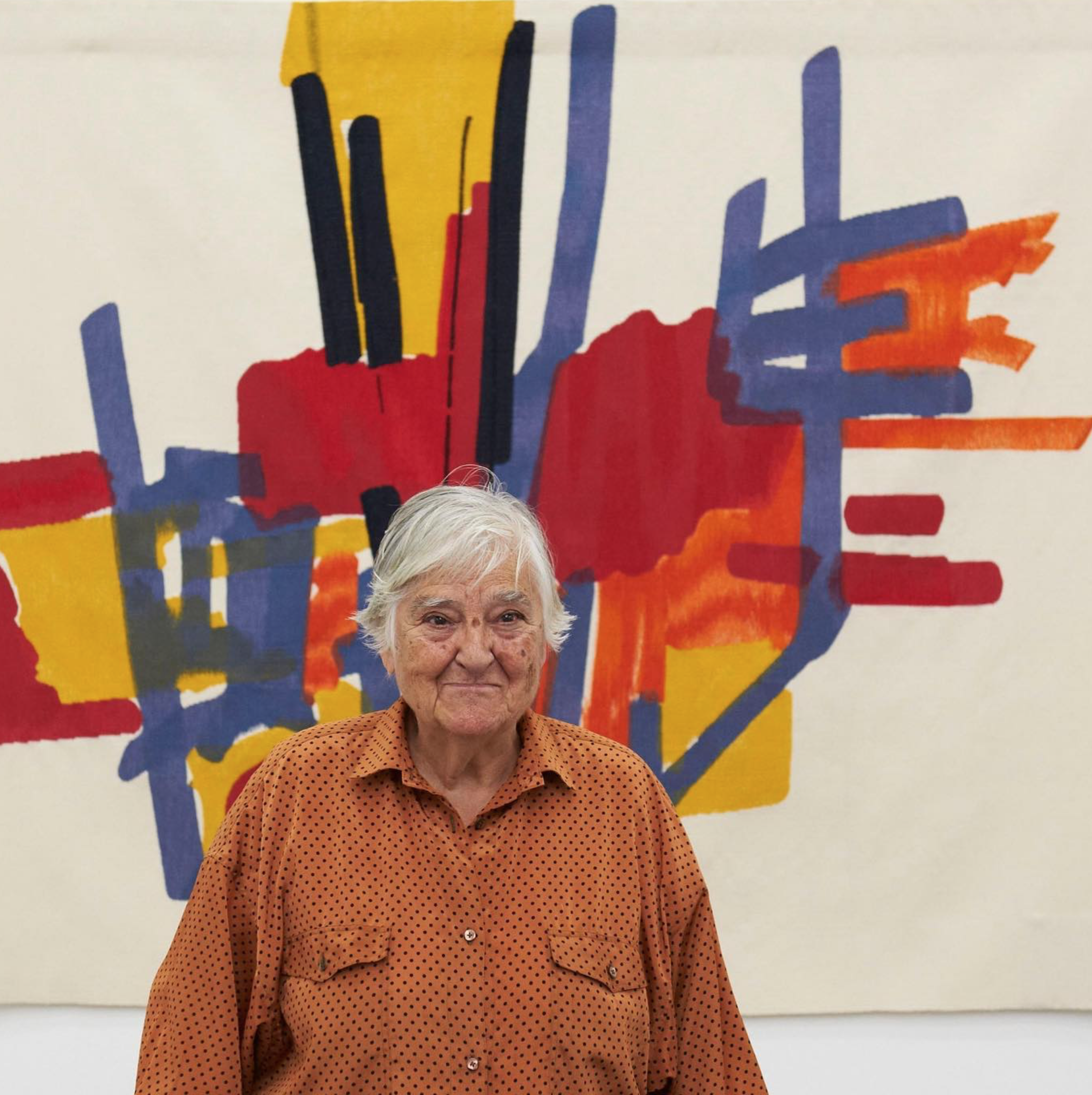
Etel Adnan, a prolific writer born in Lebanon in 1925 to a Muslim Syrian father and a Christian Greek mother, has traversed every literary genre, from poetry and novels to essays, epistolary writings, and autobiography. Growing up in an Arab-speaking environment, she navigated a linguistic landscape that included Greek and Turkish. However, her education in French religious schools led to French becoming her language of choice for writing. Early exposure to English also became a significant element in her literary works. This linguistic diversity eventually led her to explore painting as an alternative means of expression, using abstract colors and lines in lieu of words.

Adnan pursued literature and philosophy studies in Beirut, Paris, and the United States, where she later taught the philosophy of art. Her journey as a writer took a poignant turn during the Lebanese civil war in 1975. Living in Paris at the time, she authored “L’Apocalypse arabe,” published in 1980. This groundbreaking work employed a unique combination of signs, replacing words with drawings and utilizing points, arrows, and black rectangles to convey a reality beyond linguistic expression.

As the Lebanese civil war intensified, Adnan wrote “Sitt Marie Rose” in 1978, one of the earliest novels providing an insider’s perspective on the conflict and now regarded as a classic of Middle Eastern literature. Subsequent works by Adnan extensively delve into the conflicts plaguing the Middle East, which she perceives as a wounded body. Her sensitivity extends beyond regional struggles to encompass the sufferings of various peoples, including Native Americans, Vietnamese, and Black Africans. Adnan is committed to preserving the memory of civilizations marked by martyrdom, such as Iraq, Andalusia, and Byzantium.


